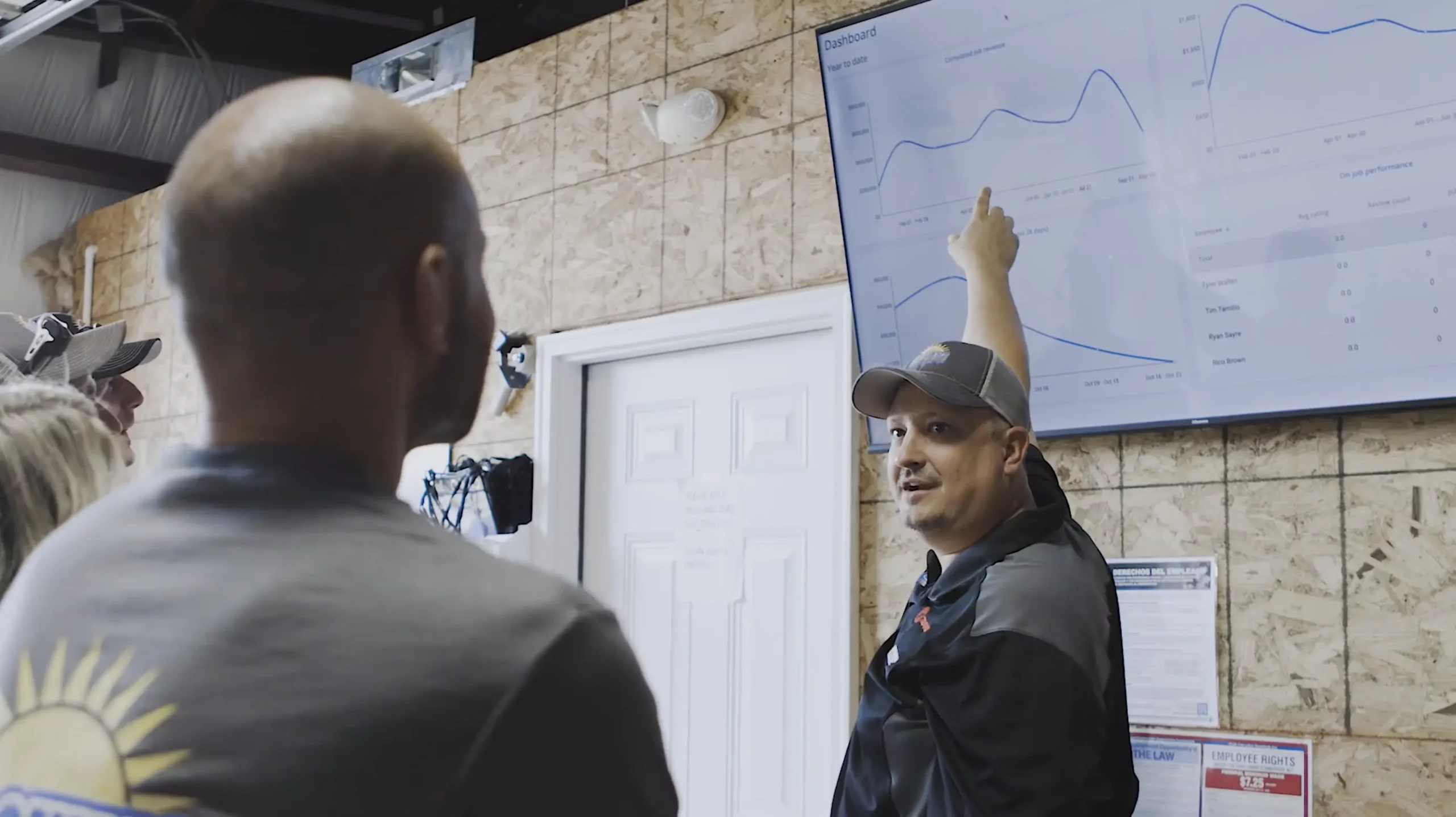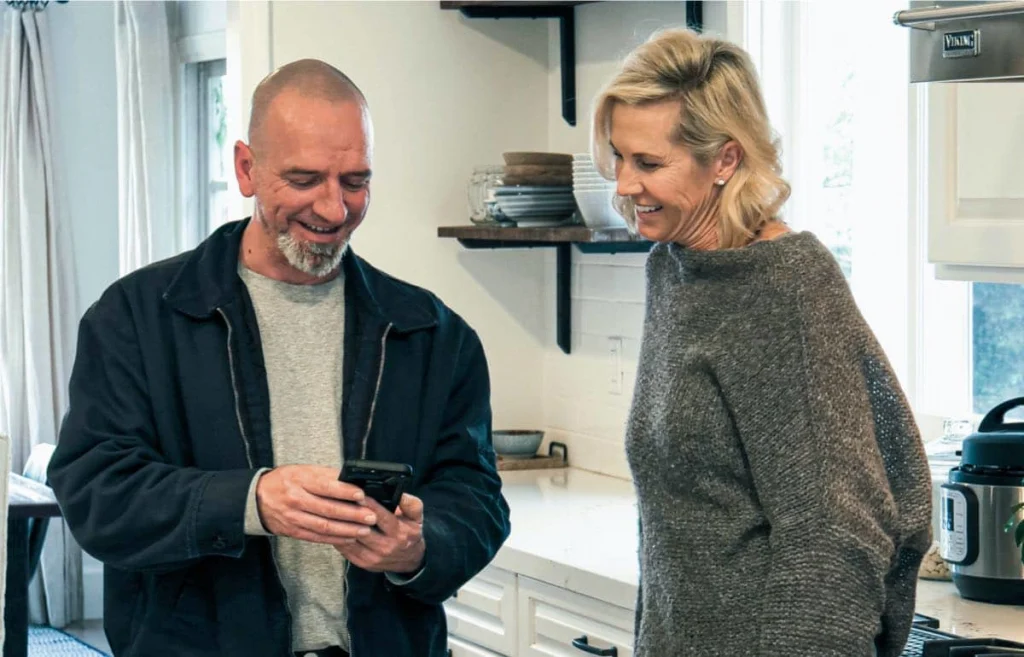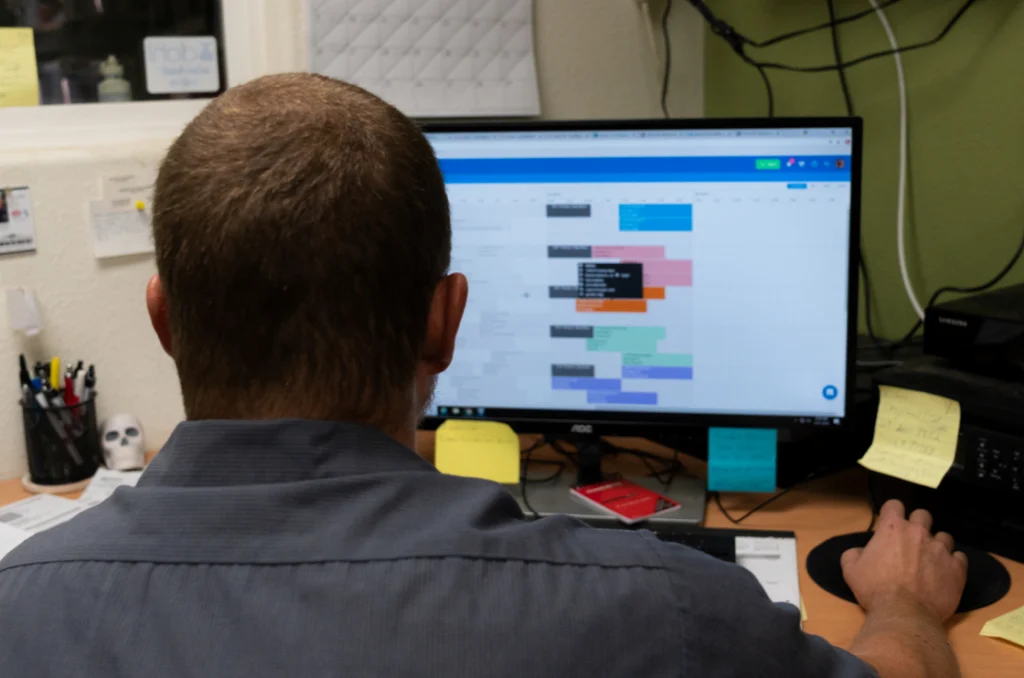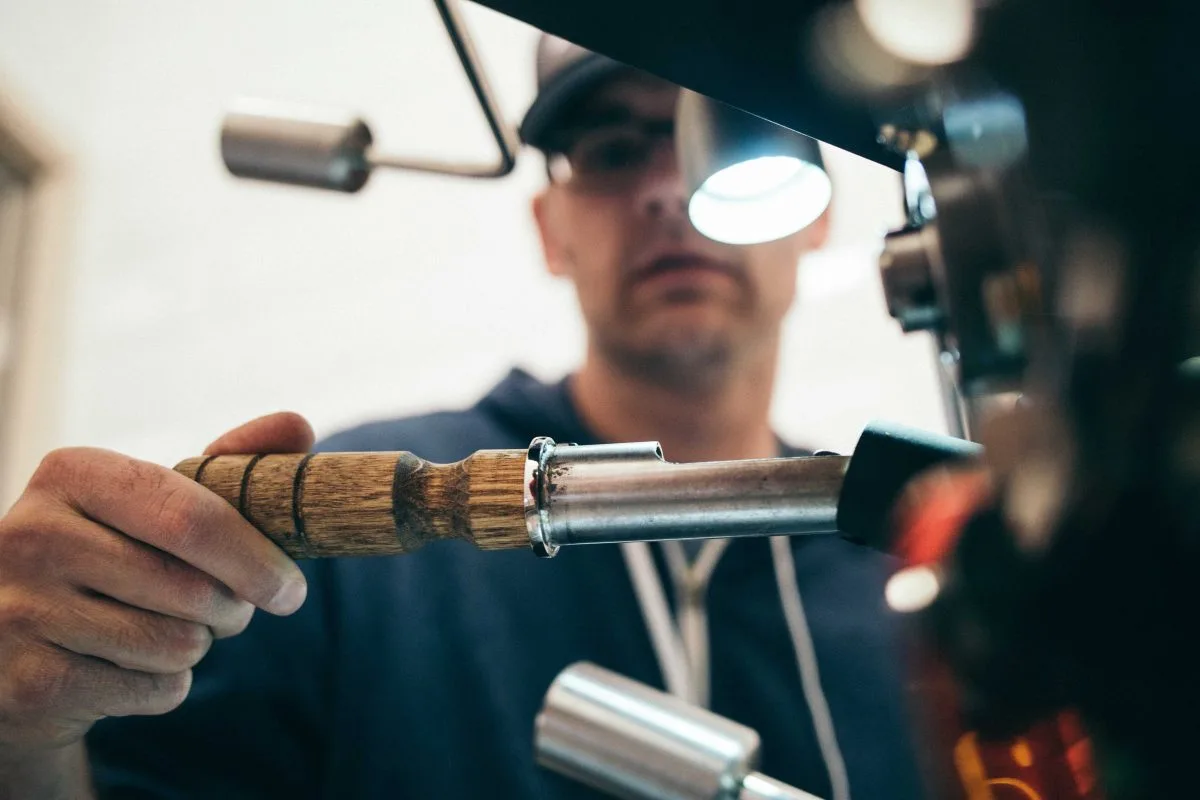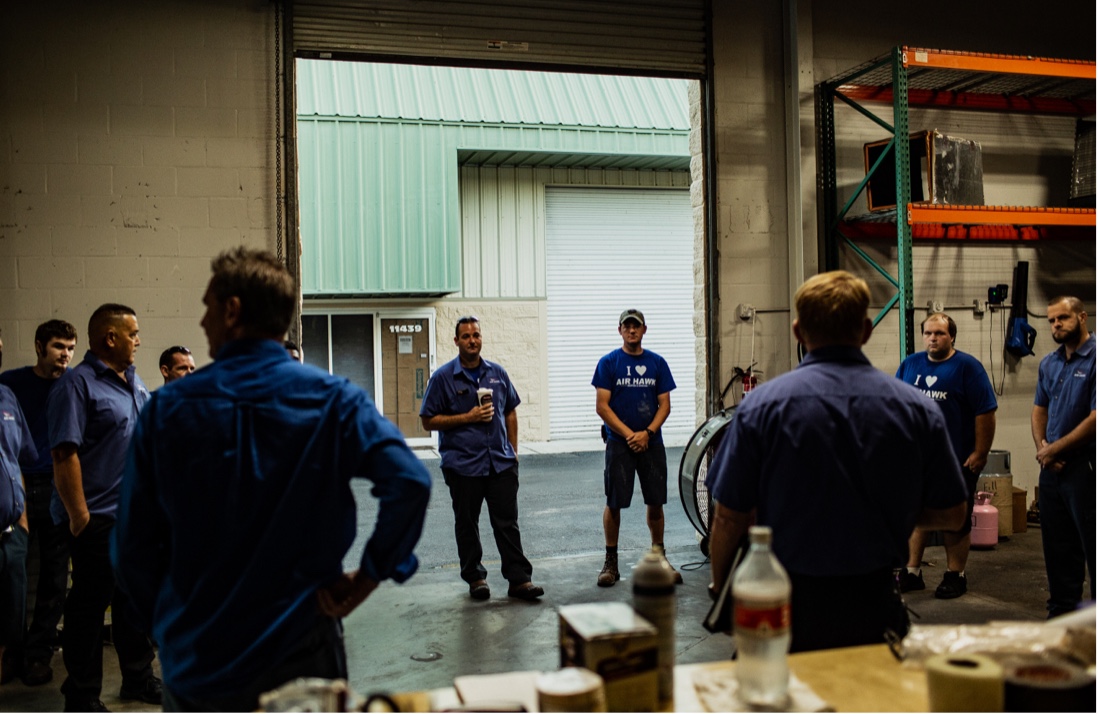
There’s a reason why leadership is one of the single most important things you can have on the way to success. For Housecall Pro, our story is no different. That’s why we interviewed one of our leaders in action, Chief Engineering Officer Adam Perry-Pelletier to give his opinion on the importance of leadership, success, and never giving up.
Keep up to date with everything going on in Housecall Pro by joining our newsletter.
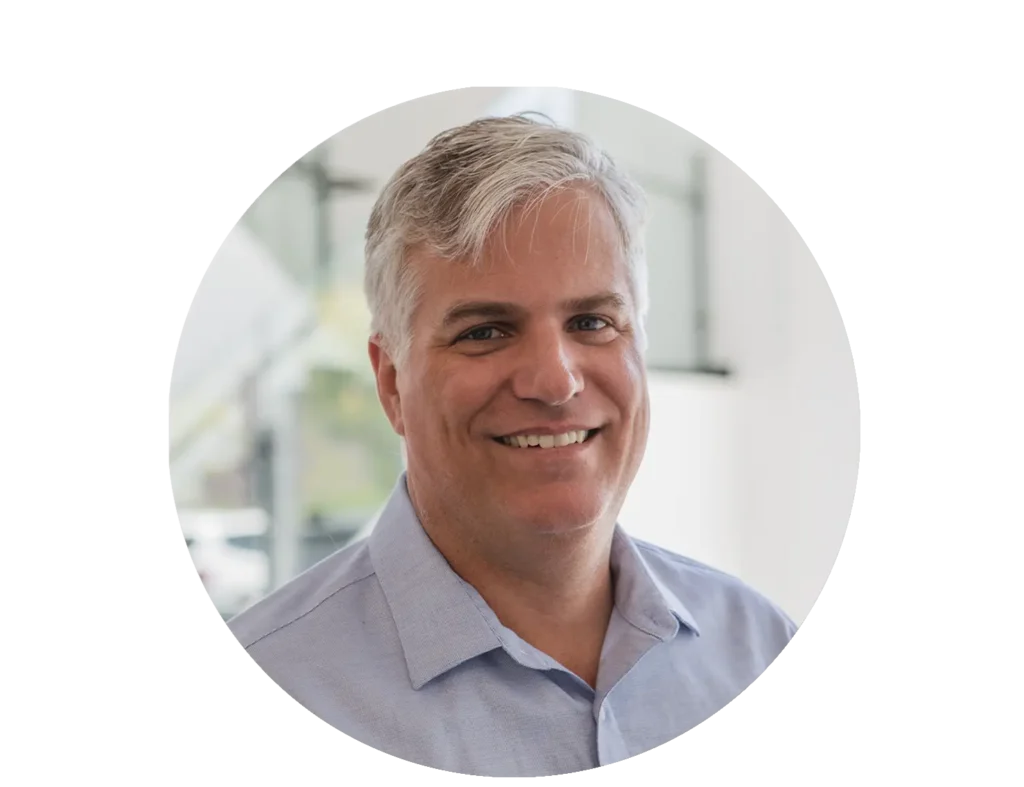
Adam Perry-Pelletier specializes in building out the technical capabilities and processes of a mobile software team and co-founded Housecall Pro in 2013. Since its founding, he’s served as the CTO for the company for the last seven years, bringing a customer-centric approach to application development.
Q: Why did you start Housecall Pro?
I was working at a technology company that developed core technologies for mobile devices. We saw firsthand how a whole new class of applications would develop from the advent of the smartphone.
While we looked at industries that were traditionally underserved by technology due to their mobile nature, we were also busy building careers and families. Every one of the founders would routinely complain about how hard it was to maintain a house and find good people to work on house repairs.
We connected those two concepts and wanted to make it easier to hire service pros and those pros were underserved by technology since their businesses were mobile by nature. The idea was born out of that pain.
Q: What was the most challenging aspect of starting a company?
In the early days, it was all time management. How do you put in enough time to get a viable product out the door while still balancing the lives we had created with our families?
The relentless search for a feature set we could build in a timely manner was very challenging. We still see these time constraints affect our customers’ businesses the same way they did ours in those early years.
Q: What goes into starting a successful company that changes lives?
Oh so, so much goes into starting a successful business. Hard work and time are key. It’s often said that there is a lot of luck around starting a business. In some sense, I would agree.
The luck I had was finding a handful of people who I just knew I could work with on incredibly challenging problems for a long period of time.
Meeting Chris, Ian, Reza, and Roland over the years was all luck and circumstance. After that, it was time and distance working with that crew that led to success.
Q: Why are service professionals important to you?
That is simple. Service professionals are the backbone of our economy and our lives. If Spotify has an outage, you will be just fine even if the outage lasts several days. Now if your toilet backs up or your freezer is thawing because the electricity is out, you will be making calls to service pros pretty quickly.
The essential nature of our customer’s work is important to me. Also, the service pros that I’ve gotten to know over the years are just outstanding people.
When we book them to work at our house, many of them carve out an extra hour just to chat or listen to each other’s war stories that occurred since the last time they came to work at my house.
Q: Did you ever want to give up? What made you keep moving forward?
I never wanted to give up and I don’t think any of the founders ever did either. However, during the early years, we did face several scenarios where we questioned whether we would get through it successfully.
There were times when there was doubt as to whether we’d make it, but there was never a desire to give up. I think that that is what drives most founders.
Q: What is the most important thing you have learned on your journey?
Look inside, not outside, for the things that will trip you up. In the early stages of our journey, it was the internal factors that would ultimately drive us to success.
Could we keep the pedal down? Could we keep the group together through the tough times? Are we building the right thing at the right time?
Those questions and challenges were way more important to solve than whether some competitor raised a huge round of funding and was now breathing down our necks.
Q: What one decision did you make that you would go back and change?
There are many, but mostly on the technical choices we made at a given time. Oddly, some of the really challenging decisions we had to make came down to one clear choice even if that choice was not obvious at the outset.
We would get the founding and exec team in a room, analyze what we were seeing, discuss, and ultimately find a very clear option. So on the really big questions, I can’t think of one I would want to revisit.
Q: What type of leader are you?
I’m a servant leader. As a leader, you are there to serve those under your leadership, remove barriers to their success, get out of their way, and eventually get to a point where my job was being a sounding board and looking for things around corners down the road or way out in the future..
Q: What is your philosophy around leadership?
As a leader, you are flooded with decisions you have to make. A leader’s job is to make it so that as many of those decisions get made at the appropriate level of ownership so I, as a leader, don’t make them at all.
If things are going well, I just have oversight on the decisions getting made at the appropriate level. That leaves me with just a few, bigger decisions I have to make at my level on any given day.
In essence, I want to build leaders at every level so that if a decision is made when I’m not in the room, it is the same decision as would have been made had I been in the room participating.
Q: What would you tell your younger self now?
What you “want” is immaterial. Elevate above your wants, analyze the choices you have in front of you, make a call, and execute.
Okay, that sounds a little severe. You can let your wants creep back in on nights and weekends.
Q: What do you want others to learn from you? What do you want people to remember about you as a leader?
I hope they learn that leadership is a set of values. You must build those values into your people and they must be fairly congruent.
Service to those you lead at any level is the most important value in that set.
I hope they realize and remember that my ultimate goal as a leader was to help define a customer-centric mission and then unlock my team’s potential to deliver that mission to our customers.
A lot can be learned from a successful leader, especially when it comes to the importance of leadership in business. Housecall Pro is no stranger to success, and we owe a lot of that to our team of leaders. Our interview with Adam Perry-Pelletier was insightful and gave us some great tips on how to never give up and always strive for success.

